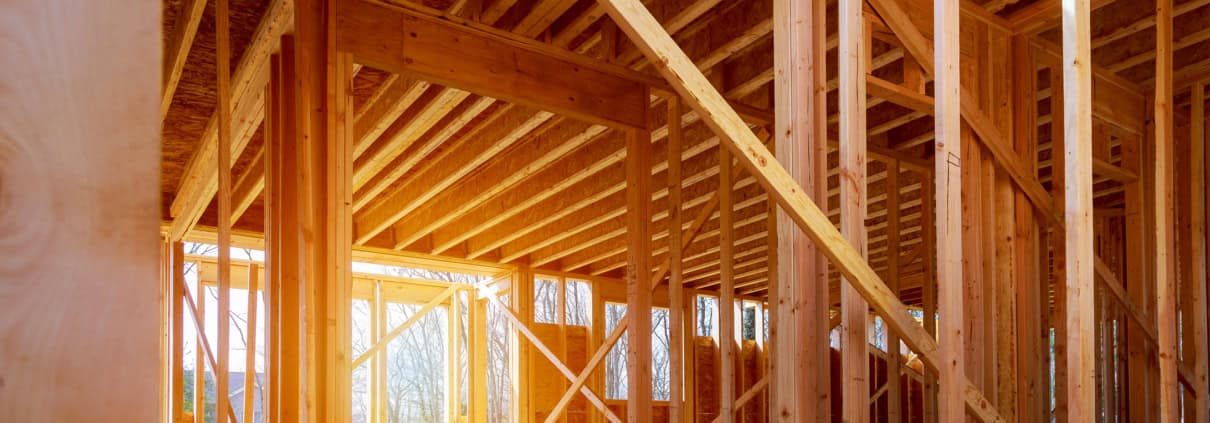Ottawa tables middle class tax cut, GST relief for some first-time home buyers

The recent federal election campaign featured the usual policy one-upmanship among party leaders who made competing pledges covering everything from social program spending to tax cuts. One of Prime Minister Mark Carney’s signature platform planks was a middle class tax cut. Last week his Liberal government tabled a Notice of Ways and Means motion in Parliament that would fulfill that promise.
The proposed measure would reduce the lowest marginal personal income tax rate to 14 per cent from 15 per cent, effective July 1st, 2025. The government estimates that the reduction will deliver more than $27 billion in tax savings over five years, or as much as $840 per year in 2026 for two-income families. Touting it as a “middle class tax cut,” Minister of Finance and National Revenue François-Philippe Champagne asserted that the bulk of the relief will go to individuals with income in the two lowest tax brackets, with nearly half of those individuals being in the first and lowest tax bracket. But all taxpayers are set to receive this relief.
Because the federal tax cut would be introduced mid-year, the full-year tax rate for 2025 would be 14.5 per cent, dropping to 14 per cent for future years. Individuals with employment and other income subject to source deductions could have tax withheld at a rate of 14 per cent beginning on July 1st, 2025, ‘Otherwise, individuals will realize this tax relief when they file their 2025 tax returns in spring 2026.’ Most non-refundable tax credits will continue to be taxed at the lowest personal income tax rate. The Minister has said that this tax cut will help Canadians keep more of their paycheques and help address the rising cost of living, but in reality, a mere savings of $840 is not likely to create a substantial dent.
The Notice of Ways and Means Motion also included a proposal to remove the consumer carbon price from law. The carbon levy was cancelled on April 1st, 2025.
The other significant proposed measure would eliminate the Goods and Services Tax (GST)—or the federal portion of the HST—for eligible first-time home buyers on newly constructed homes valued at up to $1 million. The government estimates the exemption would save some home buyers as much as $50,000.
As part of the package, the government is also proposing a GST rebate for first-time home buyers on newly built homes (for sale agreements entered into between May 27th, 2025, and December 31st, 2030) valued at between $1 million and $1.5 million. As the Department of Finance notes, “The First Time Home Buyers Rebate would be phased out in a linear manner for new homes valued between $1 million and $1.5 million. For example, under the linear phase-out, a home valued at $1.25 million would be eligible for a 50% GST rebate (a rebate of up to $25,000).”
In announcing the proposed measures, the Minister said the government is “… taking real action to make life more affordable for Canadians … And for first-time home buyers, we are also reducing taxes by up to $50,000 to help make owning a home a reality”
The reality is that the income tax cut will likely have a marginal impact on the financial well-being of most middle-class Canadians, while critics contend that the GST cut on new home purchases will do almost nothing to help first-time buyers climb onto the property ladder in expensive markets such as Toronto and Vancouver—where homes valued at $1.5 million or less are scarce.
Instead, these measures will contribute to already out-of-control deficit and debt spending at the federal level. While reducing taxes is a worthwhile goal, a more thorough review of Canada’s tax code—coupling more rational taxation with incentives designed to encourage business investment and innovation—would do far more to spur Canada’s economic growth and energize productivity. In its place, we’re left with slogan-friendly boutique tax cuts that create a lose-lose fiscal situation for taxpayers and the national treasury.
Armando Iannuzzi, Co-Managing Partner
For more information on proposed federal tax measures, contact a member of the KRP LLP team today.


